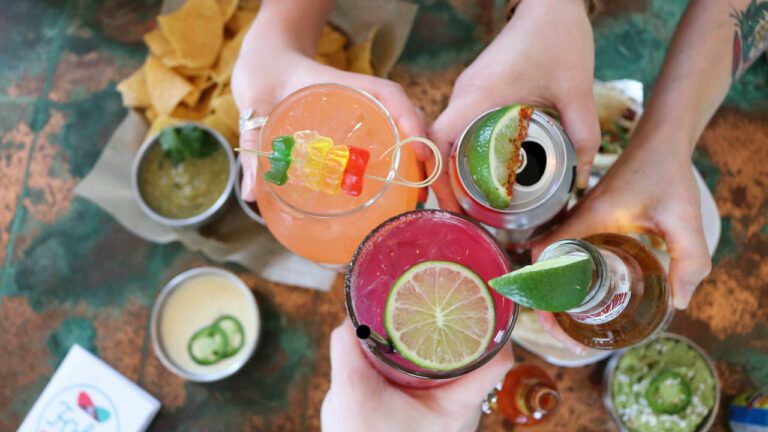
Alcohol is consumed by many people and hangovers are not the only worst thing that happens when we drink too much. Anything in excess is bad and alcohol can have a severe impact on not only your health but also your metabolism. Excess alcohol consumption can lead to what is known as alcoholic fatty liver. This condition can damage your liver, affecting the way your body metabolizes and stores carbohydrates and fats. There is lot to know about alcohol and its impact on the body. Read on to understand
Understanding metabolism
Our liver breaks down alcohol and the two enzymes involved in it are alcohol hydrogenase (ADH) and aldehyde hydrogenase (ALDH). Though the liver is not the only organ that is involved in the synthesis of alcohol but it does play a vital role. How the enzymes break down alcohol is dependant on our genetics and the working combination of these enzymes can even determine the visible effects of alcohol.

Effect of alcohol
It can not be stored in the body, unlike macronutrients and micronutrients. So, every time a person has a drink, the body halts the digestive process and that can lead to the storage of fat in the liver. This leads to slow down digestion, liver problems and other health issues, depending on the individual.
The overall impact and the rate at which basal metabolic rate is slowed down depends from person to person and can not be generalised.
Another thing to consider is, how the alcohol is being consumed. If it is being had with soft drinks, packed juices etc, it can be another reason why you may be gaining weight and your metabolism might be getting affected.
Evidence is yet to be presented but many experts recommend quitting alcohol for people trying to lose a few kilos and stay active. The best way to move towards quitting is by drinking moderately and then slowly cutting it out of your life.
Drinking Tips
Studies show that there is a way to help manipulate your metabolism in your favor. The key is eating a larger amount of protein! Studies have shown that the value of DIT increases when you consume alcohol with a high-protein meal, but it decreases when alcohol is consumed with a high-fat meal.
Secondly drinking alcohol with fewer calories is an easy way to keep booze from derailing your health and fitness.
Alcohol is far from being a healthy choice. Remember to practice moderation and be careful.